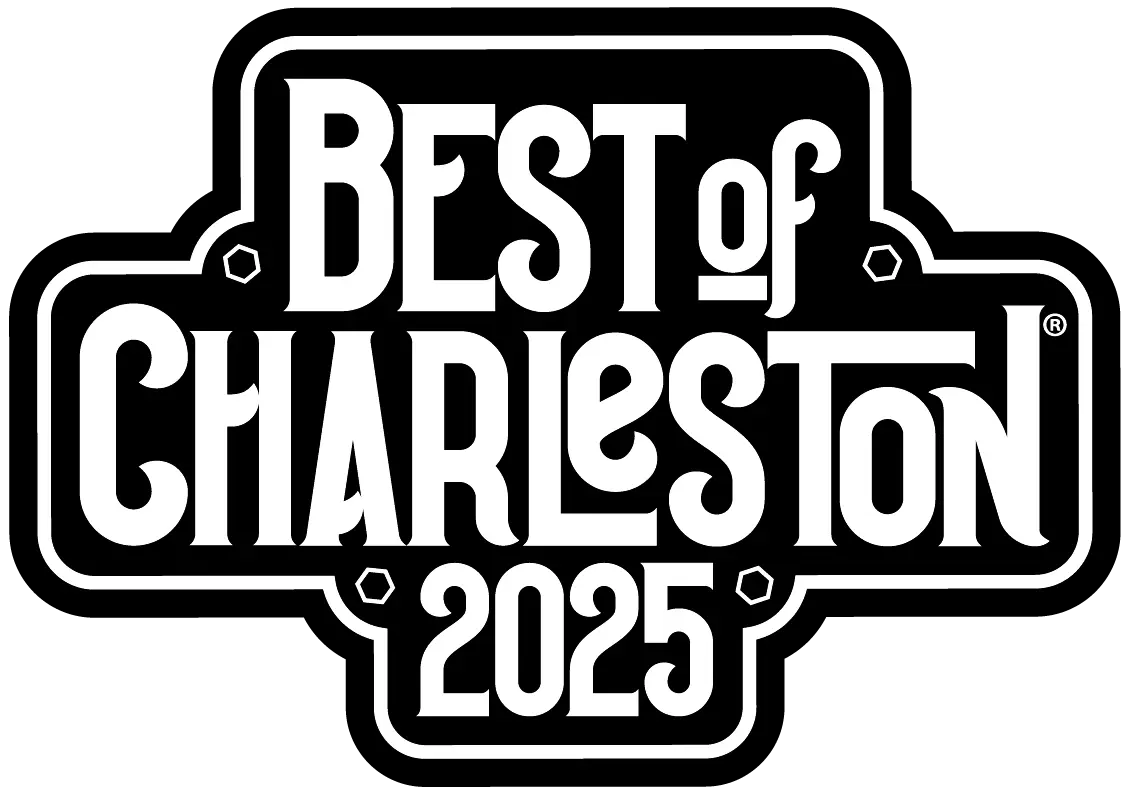Net Metering (NEM)
Net metering allows homeowners that create excess energy to use it as a credit on their next electric bill.
Focus on Energy
Homeowners in Wisconsin can access rebates of up to $500 for qualified solar installations. Rural customers can receive an additional $500 per solar project. None
USDA REAP GRANT
REAP assists agricultural producers and rural small businesses in reducing energy costs and consumption by providing loan financing and grant funding to purchase and install renewable energy systems. Eligible participants in the REAP program are agricultural producers, with at least 50 percent of their gross income coming from agricultural operations and small businesses in eligible rural areas. None
Milwaukee Shines Solar Program
Through this program, the city of Milwaukee provides low-APR solar loans of up to $20,000 to homeowners
Greenpenny
This virtual bank offers solar loans to homeowners installing new renewable energy systems in Wisconsin. These loans are highly accessible and come with low-interest rates.
Clean Energy Credit Union
Customers can access solar financing and loans up to $90,000 if they are Wisconsin residents. Many of the loans come with below-average interest rates
RENEW Wisconsin
If a nonprofit installs a solar system smaller than 75 kilowatts, it can be awarded up to 50% of the solar panels required or up to 75 panels (approximately a $15,000 value). For systems larger than 75 kilowatts, nonprofits can be awarded up to 50% of the solar panels required or up to 150 panels (approximately a $30,000 value).
Property Assessment Clean Energy (PACE) Program
Wisconsin’s commercial and industrial property owners can access low-cost, long-term loans for energy efficiency, renewable energy, and water conservation improvements.



